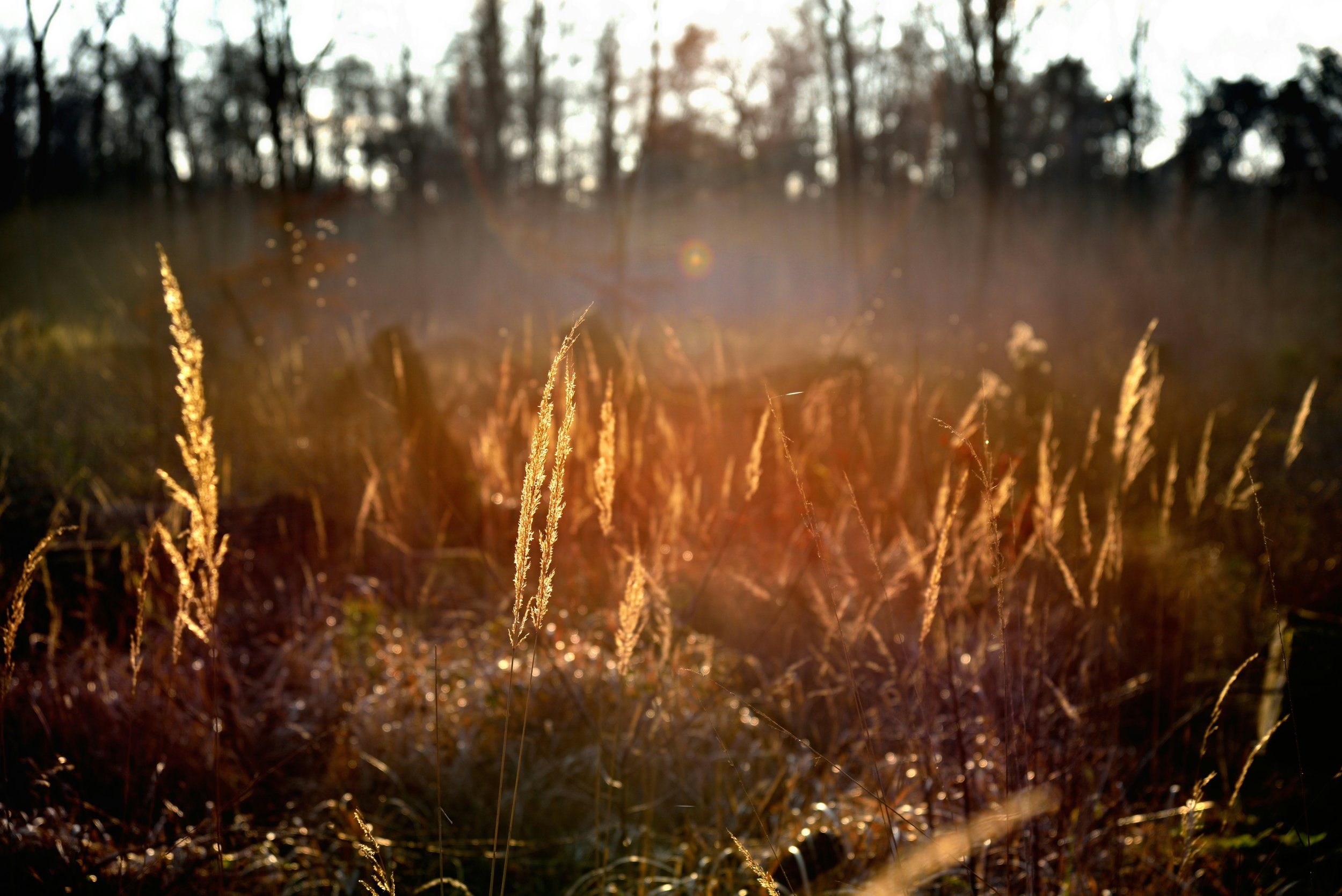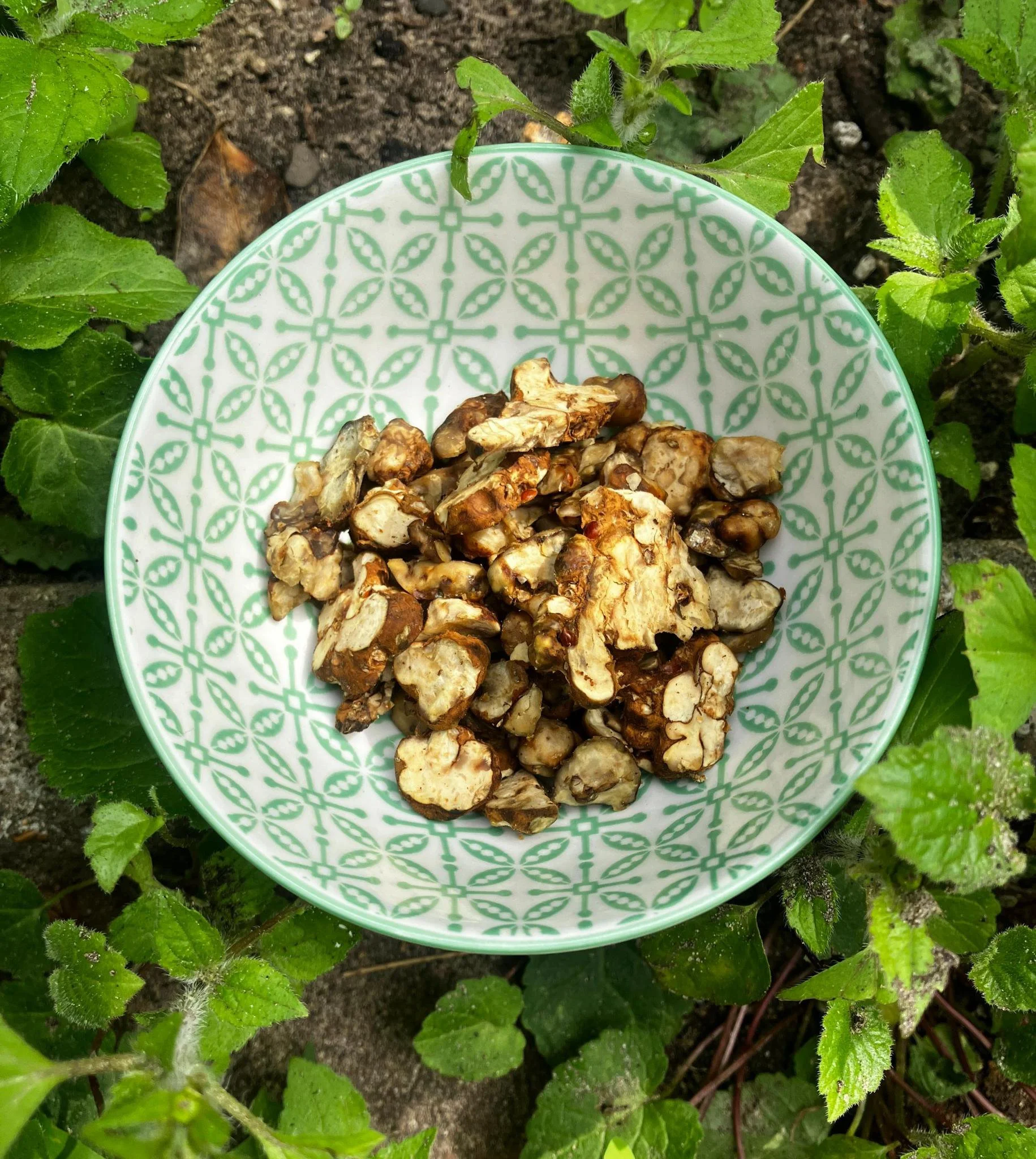
Frequently asked questions.
Embarking on a psychedelic journey is a significant commitment and we want to honor our curious, skeptical clientele that is looking for answers beyond the surrounding psilocybin retreats. These are some of the most asked questions, but you can always reach out to us for more information or a deeper dive into the scientific literature and the wisdom of our experiences.
A focus on Psilocybin
Stanislav Grof once described psychedelics as “non-specific amplifiers of the unconscious”. Catalysts that bring up memories, archetypes, traumas, and ecstatic states from deep within the mind. They don’t show us something foreign, but rather something forgotten. In this way, they reintroduce us to the “inner cosmos,” and invite transformation not through escape, but through honest engagement with what lies underneath.
Psilocybin is one such substance, a naturally occurring compound found in certain species of mushrooms, often called “magic mushrooms.” Used for centuries in spiritual and healing practices, psilocybin is metabolized in the body into psilocin, the active compound that produces its effects. Psilocin primarily works on serotonin receptors (especially 5-HT2A), which influence perception, mood, and cognition.
This interaction enhances communication between brain regions that don’t usually connect closely, creating a more flexible and integrated brain state. Researchers believe this reorganization helps loosen rigid patterns of thought and behavior, which is why psilocybin is being studied for depression, anxiety, and addiction. The effects begin within 20–40 minutes, lasting 4–6 hours, but the psychological impact can be much longer. Studies show a two-week window of increased neuroplasticity after use and in some cases, the positive effects on wellbeing can last up to five years.
FAQS
-
Yes. For our retreats, we use psilocybin in the form of truffles, which are legal in The Netherlands.
-
In a recent meta-analysis in the Journal of the American Medical Association, only headaches, nausea, anxiety, dizziness, and elevated blood pressure were found to be statistically significant side effects of psilocybin and were resolved within 48 hours of consumption. Notably, paranoia and transient thought disorders were NOT found to be side effects in these studies.
Overall, psilocybin has a relatively low toxicity and it is not considered in any way addictive. Of the truffles we use during our retreats, the average sized human would have to consume around 20 kg or 45 lbs for them to become dangerous. The dosages we use are several hundred times lower than that.
While results from clinical trials are important to consider, we feel that understanding the possible risks and benefits of taking psilocybin is a very individual decision, which is why we ask for detailed information about your current mental and physical health and regimen of supplements and medications to help you, along with our medical consultant and your relevant treating physicians, to help you make the right decision for you.
-
Psilocybin’s effects typically begin within 30 to 60 minutes after ingestion. You might feel changes in perception, mood, and thought patterns. Studies suggest that psilocybin brings about many potential long-term benefits, such as improved well-being, increased creativity and empathy and a new found joy for life. During a psilocybin experience, you may encounter a vast range of emotions, from euphoria to joy, sadness or grief; as well as vivid psychedelic imagery, suppressed emotions, and deep personal insights.
-
Many people don’t like the idea of groups or have had bad experiences with groups in the past. While groups aren’t for everyone, we feel that our emphasis on safety, boundaries, and cultivating connections create group experiences that significantly deepen people’s process of healing, by undoing their aloneness and by supporting them to work with new ways of relating to others in real time. The “good discomfort” groups can engender can also be part of the transformative work of confronting and moving through what has been difficult for you instead of avoiding it.
-
A retreat is very different from a recreational experience. Here, the focus is fully inward, free from the demands of daily life. With the help of eye masks, music, and skilled facilitators, you can safely explore what lies beneath the surface and return with new clarity.
Equally important is the group container: a field of trust and presence that can deepen each person’s process. Many participants also form lasting friendships that continue to support and enrich their lives long after the retreat.
This blend of personal depth and shared connection, held in a safe, ceremonial space, is what makes a retreat experience truly enriching.
-
Ultimately, all decisions about medications and supplements should be made together with your treating physician. When it comes to psilocybin and SSRIs (selective serotonin reuptake inhibitors), the evidence is mixed. Some studies suggest SSRIs may blunt or block the effects of psilocybin because both act on similar serotonin receptors, while others show psilocybin can still be effective. From our own experience, we’ve also seen participants on SSRIs have meaningful outcomes.
What’s most important is that you never discontinue medication on your own. We’re happy to discuss this topic openly during the intake call so that you have the information you need to make the best decision together with your physician.
-
Although most of our facilitators are licensed mental health professionals, we do not offer diagnoses or treatments for medical or mental health conditions. Although many participants find therapeutic value in their psilocybin journey, our retreats are not a substitute for psychotherapy or other forms of treatment.
-
We know. We know. Icarus’ name in English is Icarus. In German, it is Ikarus. In Greek, it is Ικαροσ. As we re-imagine Icarus, we wanted to play with his name, as well as reflect our collective shared German heritage and Courtney’s newly minted Greek residency. We wanted to draw attention to how his name is spelled so we could highlight the way we create and re-create his image and parable of his story for our modern times and this retreat project.

